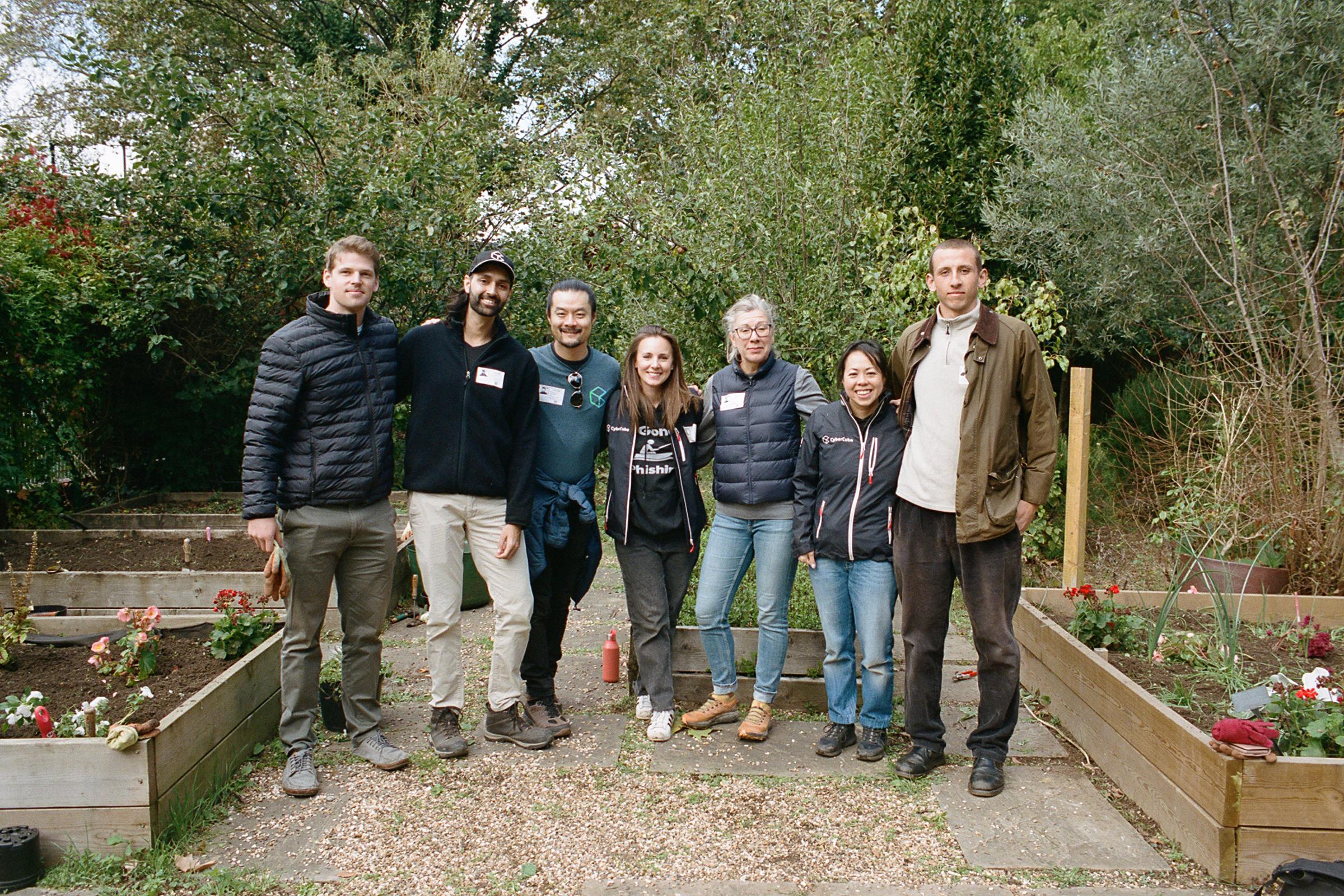Race equality and justice in the charity sector
October is Black History Month. Here, Kimberly McIntosh, Senior Policy Officer for Runnymede Trust, the UK's leading independent race equality think tank, asks how the charity sector can lead the way in equality and justice.
The charity sector prides itself on being values driven. But are we doing all we can to embody the values of equality and justice? In August, Fatima Iftikhar’s #CharitiesSoWhite campaign invited responses from across the sector and prompted a much needed discussion on racism, prejudice and discrimination. And the ACEVO and Voice4Change England Making Diversity Count survey aims to capture the kinds of experiences Black and Minority Ethnic (BME) staff shared when using the hashtag, so we can define the extent of the problem.
The word “diversity” is deployed liberally in mission statements but often fails to materialise in working practices or show up in staff demographics. Without policies to back it up, “diversity” and its sibling “inclusion” can become buzzwords - a parody that triggers eye rolls from staff of all backgrounds.
With conversations about race and representation live, how can charities and foundations use this as an opportunity to reflect and make organisational changes?
Funding Racial justice organisations
Cuts to Government grant funding post-2010 hit most charities bank balances. Racial justice organisations in particular suffered a big blow, with some having to shut up shop for good. The BME third sector was vulnerable. In 2007, 53% of funding for BME organisations was from statutory sources. A 2010 report by the Council of Ethnic Minority Voluntary Sector Organisations (CEMVO) found that 45% of the 173 BME organisations they surveyed had suffered cuts by local authorities and other funders. The Runnymede Trust Croydon Race Equality Scorecard found that local authority funding to the BME voluntary sector was cut by 70%.
As Fozia Irfan notes on the Association of Charitable Foundations (ACF) blog, universal funding programmes do not reach people equally, as the playing field is not level. Foundations should look to equity-based approaches, taking into consideration the lack of resource BME organisations have and review their policies and procedures. For example, in tie-breaker scenarios where two bids are in equal standing, foundations could use a commitment to race equality and representation as a performance measure to encourage better practice.
Mainstreaming equalities through work programmes
Racial justice isn’t niche or a fringe issue. It needs to be mainstreamed across all policy and work areas, preferably in reference to other relevant protected characteristics (intersectionality). If your work focuses on the wellbeing of older people, the way race, gender, sexuality and disability shapes ageing should be explored. Similarly, a foundation could set up a specific funding stream for BME-led service providers for older people.
If there is a lack of specialist expertise for a project, organisations should seek out expert partners to run joint projects. This should be as a project partner or paid consultancy - not free ‘advice’. At Runnymede, we’ve worked successfully with the Women’s Budget Group on the impact of austerity on BME women.
Alternatively, organisations can actively hire more BME staff.
Hire more BME staff
The Third Sector can be difficult to break into, often requiring volunteer positions that mirror internships in everything but name. Charities that can should pay their interns, have -time, high-quality volunteering roles, and advertise outside of Russell Group university online portals.
All workplaces need to create space for staff to talk openly about racism in the sector and ask difficult questions. If there are no black people in senior management, it needs to be okay to challenge that - either online with a hashtag or in the office - without fear of backlash or defensiveness. Senior leadership could respond by updating their strategy, setting targets, changing recruitment practices, collecting data at each stage of the recruitment process, and monitoring the success rate of BME candidates.
Challenge negative narratives
The RNLI’s response to criticism of its work overseas is a good example of how a charity sticking to its values can be beneficial for justice, fundraising and the narrative landscape we work in. Two articles in The Times and Mail Online, with comments from two Conservative MPs, attacked the RNLI for spending 2% of its funds on overseas projects at a time when it was struggling for donations and having to lay off staff. This narrative, pitching the needs of “English people” and “English coastlines” against “outsiders” is toxic and makes race equality work harder.
RNLI stood by their work and their values, used it as an opportunity to talk about drowning abroad, and secured new donors.
Whether you work on cancer research, child poverty or criminal justice, all charities can support our work. They can do this by looking for disproportionately and inequalities along ethnic lines, and not being afraid to call out and campaign against injustices whenever and wherever they see them.
JRF is funding Runnymeade and Voice4Change England to research existing messages and thinking on ‘race’, race equality, and racism to inform a wider programme of work to reframe advocacy on ‘race’, race equality and racism.
We will be holding a range of workshops and seminars for staff across the month to celebrate Black History Month, including a presentation by Leeds-born arts and heritage activist Joe Williams on Historical Black Figures of Yorkshire.

This briefing is part of the race and ethnicity topic.
Find out more about our work in this area.